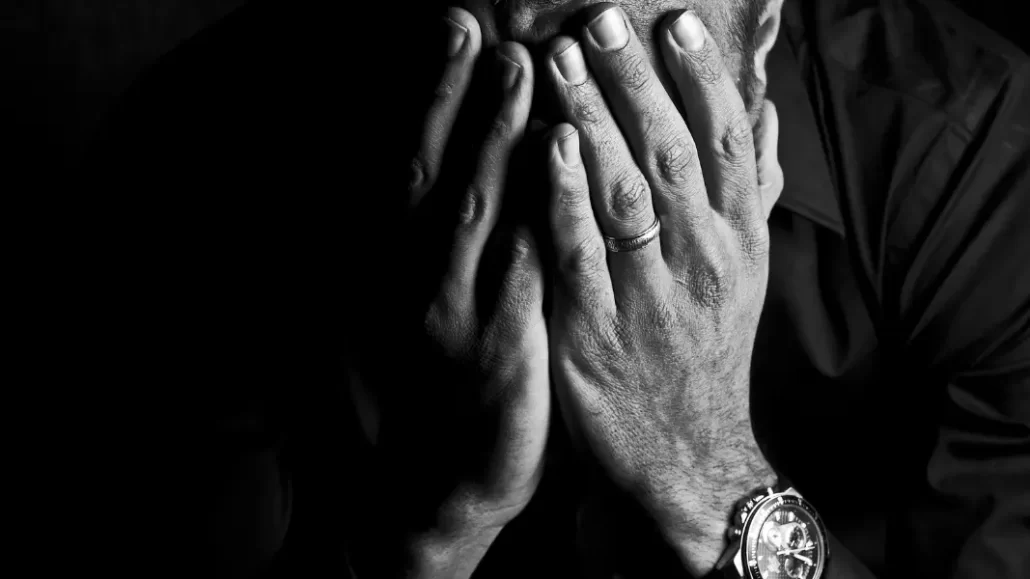The loss of a loved one, a relationship or even a job can have a significant and devastating impact on our lives. When we experience loss, we can expect to be faced with a number of symptoms including shock, sadness, guilt, anger, fear and physical symptoms. It is important to get support from friends and family, turning to a higher power or faith and/or seeking professional support in the form of support groups or therapy. Additionally, there are steps we can follow to take care of ourselves during this time.
Here are 5 ways to take care of yourself when coping with grief and loss –
1. Be with your feelings.
Feelings associated with grief and loss can be painful and distressing. These are normal responses. In order to begin to heal you need to process these feelings and allow them to flow. Avoiding feelings of sadness, loss, and anger will prolong the grieving process. Suppressing or allowing grief to remain unresolved may result in depression, anxiety, substance abuse or other health related problems. Read Make Friends With Your Feelings.
2. Express your feelings in a tangible and creative way.
You might express your feelings in writing or through another creative outlet that is meaningful to you to reflect on what the person or experience has meant to you. You may also write or create something to help process your feelings of loss. If the loss is due to a death you may consider getting involved in a cause or organization that was meaningful to them.
3. Take care of your physical health.
Take care of your whole self. Your body and mind are connected. Taking care of your physical wellness will also support your emotional wellness. Prioritize getting enough sleep, eating well and exercising. Limiting or avoiding consumption alcohol or drugs will also prevent extending the grieving process and other potential complications.
4. Avoid letting others tell you how you should feel and practice being non-judgmental about your process.
The process of grief and loss is unique to each individual. Your process is your own. Your timeline is your own. Allow the feelings that arise to be present without judgment or shame. No feeling is wrong when grieving.
5. Plan ahead for grief triggers.
Significant events such as holidays and anniversaries can bring a range of feelings and memories to the forefront. Plan ahead. Notify supportive friends and family to be available and allow time to reflect.
Honoring the feelings associated with a loss is a healthy and normal approach that will support your grieving process. Treat yourself and your process with compassion. Loss is a unique experience that warrants attention. Following these steps will ease that process and allow space for what comes up.
If you’ve experienced a loss in your life that has been significant, you may find some of these resources supportive:
myTherapyNYC Monthly Meditation Group
Going to Pieces Without Falling Apart by Mark Epstein, M.D.
The Journey from Abandonment to Healing by Susan Anderson
Can you recall a recent loss in your life? Which strategies did you use to cope? Please share your thoughts and comments below.
- Navigating Hesitation About Starting Therapy [Video] - August 27, 2020
- How to Adjust to the Changing Parent and Child Relationship - April 5, 2019
- Avoiding Burnout in Your Work Life - December 14, 2018





4 comments
Thank you for this post. The older I get, the more my life is impacted by loss, and the losses of those around me. In a youth-oriented dominant culture that does not allow necessary space for discussion of death / dying (or the for the experience and expression of grief and grieving), it is such a relief to me whenever we engage in dialogue about these issues!
Such an important topic to discuss. It can be hard to find people who are willing to have a potentially uncomfortable conversation around loss. Thanks for posting this!
It’s so common for family and friends to chime in on how they think you should feel, so step 4 is an important reminder to let the grieving process be unique to yourself and not to listen to how others think you should be feeling or what you should be doing. Thanks for these great tips and reminders that are often so hard to remember when you’re grieving!
I like what you said about letting people know how you feel without shame. I need to get a grief counselor for my sister. Her husband just died in a car crash. https://www.treatwithcare.com/drug-death-grief-counseling/